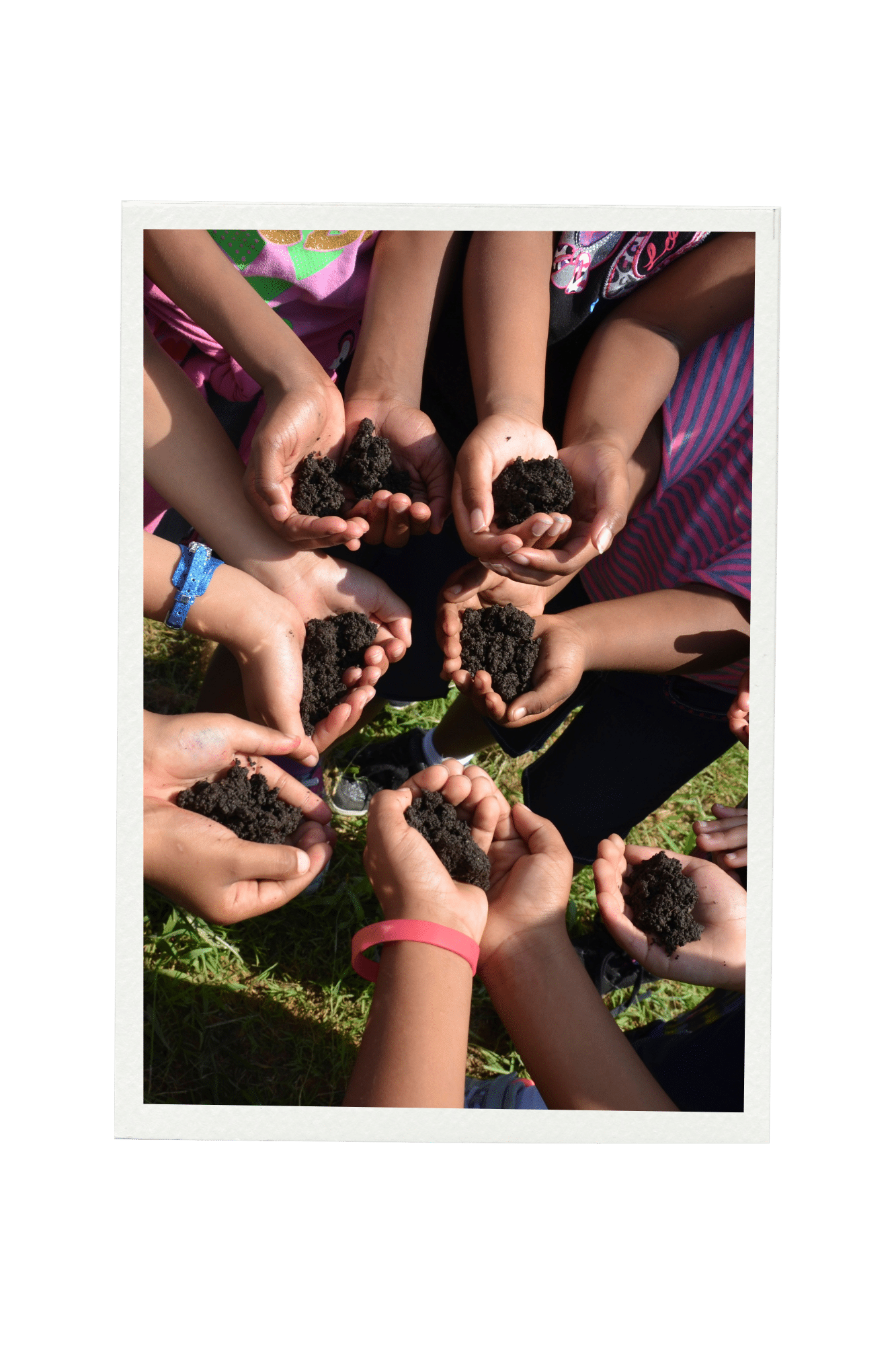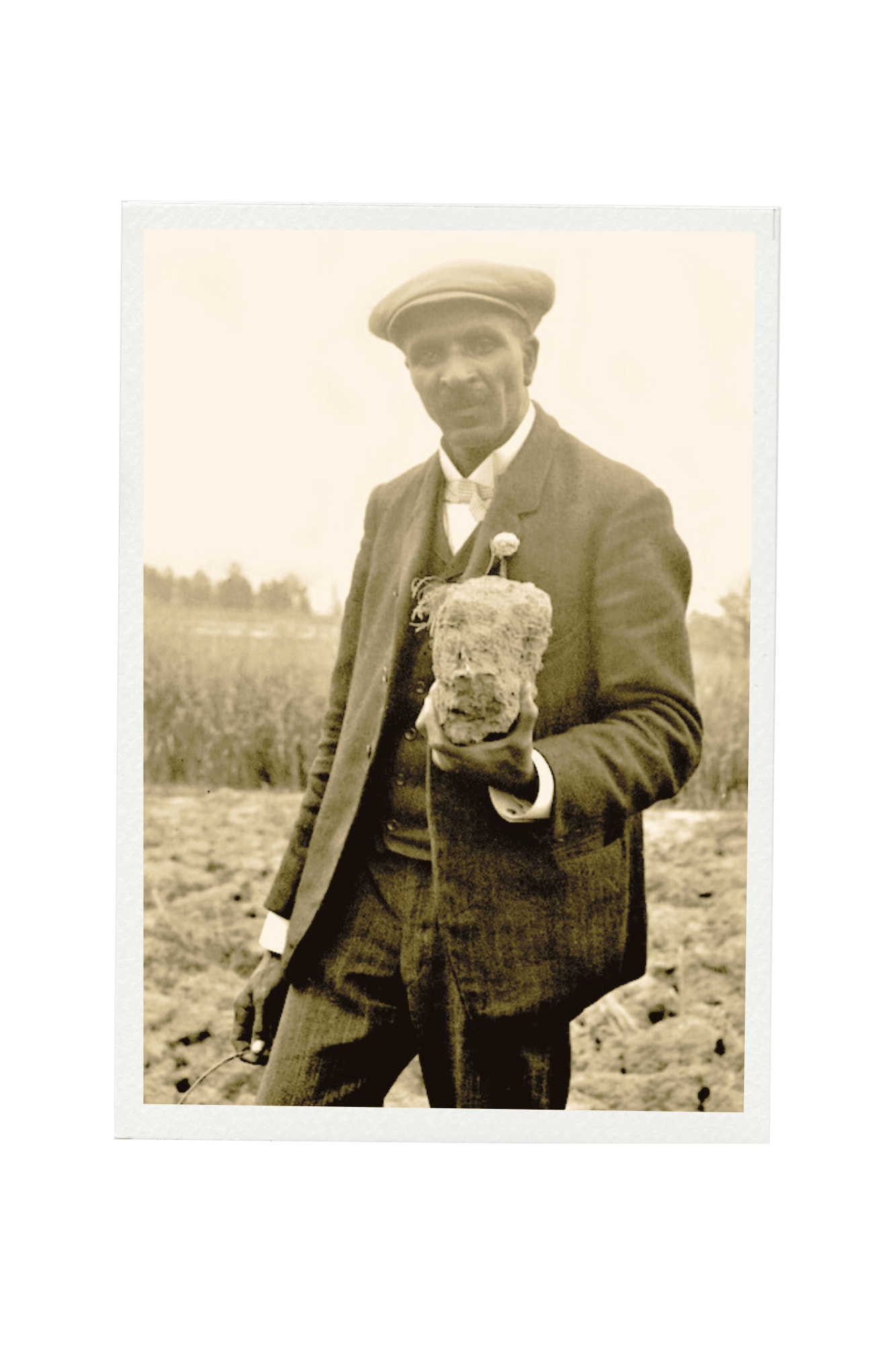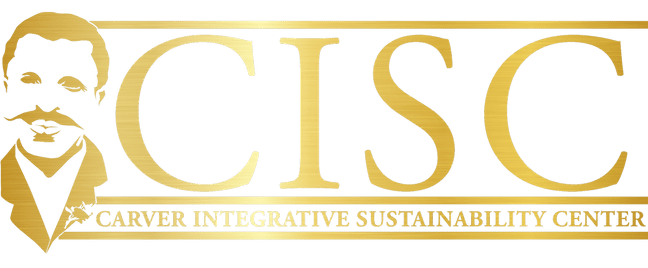
About CISC
The CISC unapologetically assists small, socially & historically disadvantaged, underserved, beginning, women and veteran farmers, ranchers, landowners, and related cooperatives and communities. The Center functions in the tradition of George Washington Carver as a regional, national, and international resource in developing and sharing holistic, earth, farmer, and consumer-friendly agricultural and food innovations; with specific activities including research, education, and service.
The Carver Integrative Sustainability Center will contribute to the small farmer, rancher, forest landowner, and community by 1) increasing profitability of food/fiber related enterprises, 2) conserving the quality and quantity of resources (natural, capital, and human), 3) increasing access to healthy/nutritious products and lifestyles, and 4) increase the participation of minority groups in communities in local, state, and government processes that govern their growth, maintenance, and ultimately their quality of life.
Tuskegee University is a top ranked HBCU!
KWAKU DAGBE’S MULTIPURPOSE FARM USE STATION

Inspiration
George Washington Carver was one of the best-known African-Americans of the early 20th century. He believed it was important to develop practical farming methods to help poor farmers learn to be self-sufficient. He was interested in both art and science and became a prominent botanist and teacher. Always modest about his success, he saw himself as a vehicle through which nature, God, and the natural bounty of the land could be better understood and appreciated for the good of all people.
Dr. Carver took a holistic approach to knowledge, which embraced faith and inquiry in a unified quest for truth. Carver also believed that commitment to a Larger Reality is necessary if science and technology are to serve human needs rather than the egos of the powerful.

